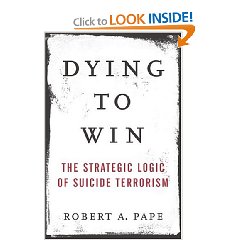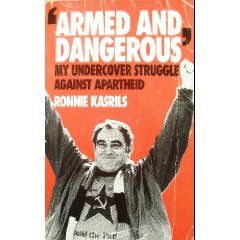There are two bottom lines in this book:
1) Providing adequate low-cost health care for every human is the non-negotiable first step in eliminating human rights violations writ large (e.g. a year in a Russian prison could be an automatic death sentence from tuberculosis), poverty, and violence among the poor and between the poor and the more affluent.
2) Governments are failing. Here the author is in harmony with Philip Alcott, whose book The Health of Nations: Society and Law beyond the State calls for the over-turning of the Treaty of Westphalia (no more respect for the sovereignty of dictators–as in America, when government become too destructive, the People have the right to abolish the government). The author believes that a larger non-governmental network, and public pressure to force governments to apply more money to health and less money to the military killing machine, will in fact not only end poverty, but unleash sustainable indigenous wealth.
His case studies are of necessity somewhat tedious and can be skimmed if one's mindset is inherently in agreement with his propositions–they do however provide deep documentation for the skeptical.
Another book that might be substituted for this one (especially if buying and reading Sachs) is the pioneering work of Laurie Garrett, Betrayal of Trust: The Collapse of Global Public Health which documents the global collapse of public health. A very long book, my Amazon review of it is summative and may suffice.
Dr. Farmer also makes the rather helpful point that doctors doing good can go places where human rights inspectors would be considered intrusive. He praises Cuba, and rightly so. Any country that can put 10,000 medical practitioners into Venezuela, and thereby earn “first call” on Venezuelan oil, is operating at a strategic level of insight that the USA simply does not match today. Readers may not like hearing that the USA is slipping down into the middle ranks of “has been” nations, but that is the reality. On our present course, we are importing poverty, allowing pandemic disease to rear its ugly head through bird flu, mad cow disease and other mutations that will jump to humans, and we have also busted the national piggy bank with the double deficits (trade and debt).
When Dr. Farmer talks about the pathologies of power, he reminds me of Norman Cousin's book by the same title, but does so in a very practical personal way. If human beings are a primary source of national power, then having uneducated human beings subject to disease, poverty, crime, and terror has got to be the single dumbest thing any great power can allow to happen, at home or abroad. Lest anyone dispute my contention on this point, see my reviews of Barbara Ehrenreich, Nickel and Dimed: On (Not) Getting By in America and also David Shipler's The Working Poor: Invisible in America and Off the Books: The Underground Economy of the Urban Poor See my review of Sachs for more detail on the specific topic of global poverty and why it matters to every citizen.
All ten of the high-level threats to humanity are connected, and all twelve of the stabilizing policies from Agriculture to Water must be connected as well.











